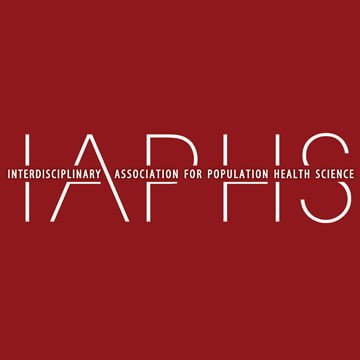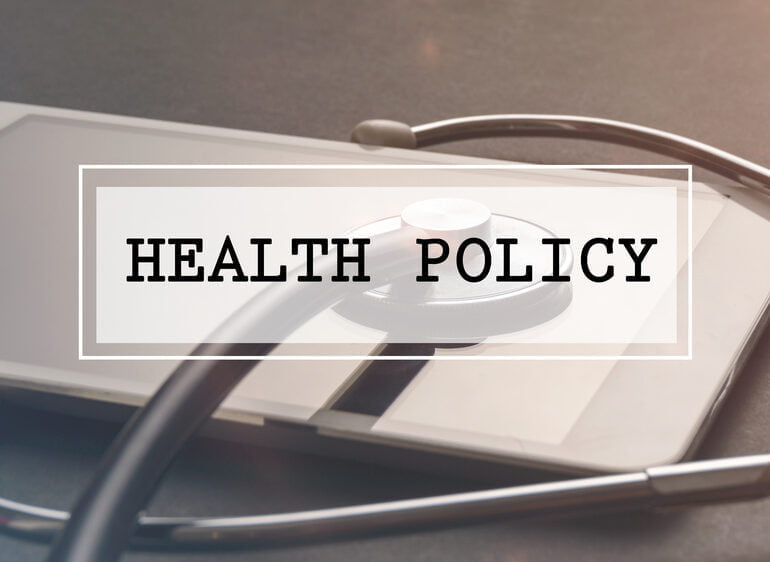Population Health News Roundup: March 2023
JoAnne DyerIAPHS Members in the News
Rita Hamad in a research brief at the University of California San Francisco: The expanded Child Tax Credit improved adult mental health. The biggest benefits were found in “Black, Hispanic, and other (non-Asian) racial and ethnic minority backgrounds.” (March 2023)
Taylor Hargrove and Robert Hummer in Demography: “We find that White and light-skin Black respondents report improved health after achieving higher SES, on average, while their darker-skin Black peers report declining health.” (October 2022)
Sandro Galea and the Boston University School of Public Health hosted an online panel on the commercial determinants of health. Dr. Galea also co-edited the book The Commercial Determinants of Health, published by Oxford University Press, 2023.
Guangyi Wang and Rita Hamad in The Conversation: “Black youths who attend racially segregated schools are more likely to have drinking and behavior problems during childhood than Black youths in less segregated schools.” (July 25, 2022)
Adam Lippert, Jason Houle, and Katrina Walsemann in the American Journal of Preventive Medicine: Student loan debt in young adulthood to early mid-life is linked to higher cardiovascular disease and C-reactive protein risks. “This pattern persisted after adjustments for degree completion, socioeconomic measures, and other sources of debt.” (August 2022)
Health Equity and Disparities
Food insufficiency is linked to faster cognitive decline: Older people with insufficient food had quicker declines in cognitive function. The acceleration led to “aging” of the brain to as much as 4.5 years older than their real age. (The Journal of Nutrition, January 2023)
Racism can disrupt sleep: Black and other non-white Americans are more likely to have poorer sleep. Noise pollution and social stress are believed to be key factors. (CBS Miami News, February 22, 2023)
Structural racism is worsening surgical outcomes in Black men: “Postoperative mortality overall was higher among Black men compared with White men, White women, and Black women.” The authors suggest that structural racism may play a role. (British Medical Journal, March 1, 2023)
Environmental Health & Justice
Coal’s toxic legacy endures: The number of coal power plants is declining, but even within a 30- to 50-mile radius, coal is still making people sick and shortening lives. The impact is higher for people of color and for people with lower incomes. (Grist, February 27, 2023)
Gender violence tied to environmental injustice: Environmental harm such as floods and oil spills are linked to reproductive injustice, according to Miriam Gay-Antaki at the University of New Mexico. Dr. Gay-Antaki introduces the concept of cuerpo-territorio (body-land or territory) “to bring the two traditionally separate disciplines into scholarly conversation.” (University of New Mexico Newsroom, March 21, 2023, from an article in Environmental and Planning E: Nature and Space).
Impacts from climate change are coming even sooner: The UN presented a plan to “super-charge” efforts to slow climate change through a Climate Solidarity pact. The goal is to get to global net zero by 2050, including no new coal, cessation of new oil and gas funding, and shifting fossil fuel subsidies to a “just energy transition.” (United Nations, March 20, 2023)
Built Environments & Spaces
Coastal Alaska natives are watching their land erode into the sea: In this coastal community, a sewage lagoon, airport runways, and schools are in danger, thanks to climate change and loss of permafrost and declining sea ice. (Grist, March 3, 2023)
Built environments linked to adolescent obesity: The built environment—but not the social or economic environment—was a “strong predictor” of adolescent’s obesity status and eating behaviors. The built environment was not found to be associated with physical activity, however. (Obesity, March 21, 2023)
Policy & Programs
Emergency SNAP benefits will soon be gone in all states: The temporary Supplemental Nutrition Assistance Program (SNAP) benefits enacted during the pandemic will end in the remaining states in March 2023. (Center on Budget and Policy Priorities, February 6, 2023)
States vary in environmental laws and health: The environmental laws in some states are better than others in protecting residents’ health. For example: pesticide use, emissions, and drinking water requirements. (The Conversation, February 28, 2023)
New rules for school lunches on the way: Lower limits for sugar and sodium are among the changes proposed by the USDA. (USA Today, February 3, 2023)











All comments will be reviewed and posted if substantive and of general interest to IAPHS readers.